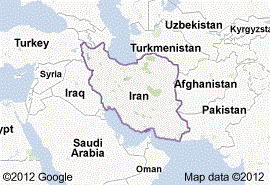During the US presidential debate, in addressing questions on the Middle East, President Barack Obama mentioned three times that religious minorities must be protected. Understanding the nuances in the region is essential. Sometimes minorities abuse power over majority populations, as is the case in Syria. Sometimes majorities abuse power over minority populations.
"Understanding the sects and their tensions is crucial in crafting any foreign
policy for the region," I wrote for The Washington Post's On Faith blog.
Tolerance of others' beliefs, provides security. Extending respect for those not in power provides security. As James Madison noted, "In Republics, the great danger is, that the majority may not sufficiently respect the rights of the minority." He also warned that tyranny and oppression arrive in the guise of fighting a foreign enemy. Good advice for any country.
The power that comes with example, culture, trade, education, diplomacy and more, can influence more than military power. Sadly, one of the great resources of the US State Department, its Background Notes and Country Profiles, are no more. What a loss ...
Examining the State Department's notes on percentages of Shia and Sunnis in the region - 35 percent Sunni and 62 percent Shia in Iraq; 9 percent Sunni and 89 percent Shia in Iran - along with a glance at a map, makes one wonder what the Bush administration was thinking when it decided to invade Iraq in March 2003.
Map courtesy of Google.
